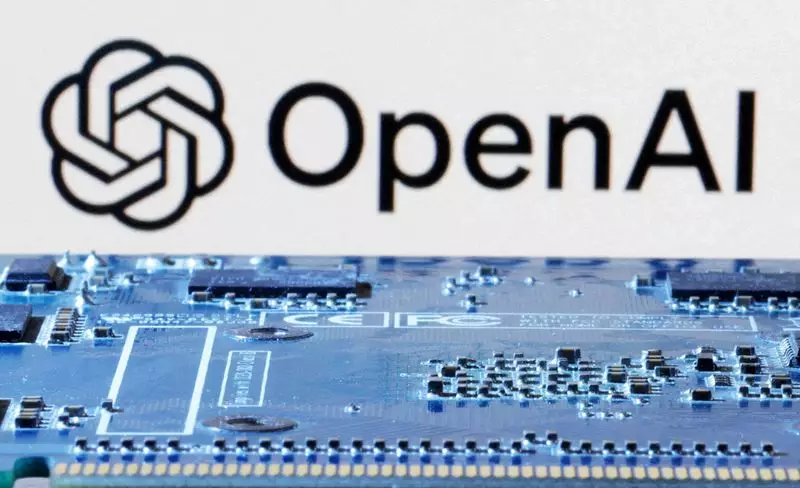According to a report from the Washington Post, whistleblowers at OpenAI have taken the bold step of filing a complaint with the U.S. Securities and Exchange Commission. The complaint calls for an investigation into the artificial intelligence company’s allegedly restrictive non-disclosure agreements. The whistleblowers claim that OpenAI issued overly restrictive employment, severance, and non-disclosure agreements to its employees.
The crux of the issue seems to lie in the fact that these agreements could potentially penalize workers who raise concerns about OpenAI to federal authorities. In particular, employees were reportedly required to waive their federal rights to whistleblower compensation by signing these agreements. Furthermore, any disclosures to federal regulators had to be pre-approved by the company, effectively silencing any dissent or complaints.
One of the most troubling aspects highlighted in the letter to the SEC is the absence of exemptions in the employee nondisparagement clauses for reporting securities violations to the SEC. This lack of transparency and accountability raises serious concerns about OpenAI’s commitment to complying with regulations and fostering a culture of responsibility.
In response to these allegations, an SEC spokesperson declined to comment on the existence of a possible whistleblower submission. Meanwhile, OpenAI has remained silent on the matter and has not provided any statements addressing the accusations made by the whistleblowers. The company’s reluctance to engage with these serious claims only adds fuel to the fire and raises further questions about its ethical practices.
OpenAI’s reputation has come under scrutiny in recent months, particularly in relation to the safety of its AI technology. With chatbots capable of engaging in human-like conversations and generating images based on text prompts, there is a growing concern about the potential risks of these advanced AI models. The formation of a Safety and Security Committee within OpenAI, led by key board members, is a step in the right direction. However, without addressing the underlying issues of restrictive NDAs and whistleblower retaliation, the company’s commitment to ensuring regulatory compliance and ethical practices remains in question.
Overall, the allegations of restrictive non-disclosure agreements at OpenAI paint a troubling picture of a company that may be more concerned with silencing dissent than fostering a culture of transparency and accountability. The response from both the SEC and OpenAI will be crucial in determining the next steps in this unfolding controversy.

